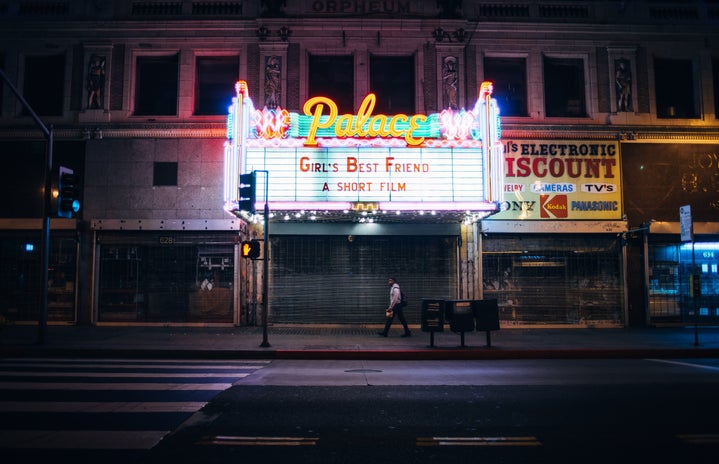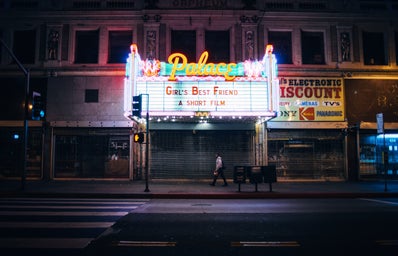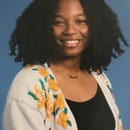A couple of weeks ago I got the chance to read a chapter from bell hooks’ book, “In Black Looks: Race and Representation” for my LDR-101 Female Directors class. This chapter was called The Oppositional Gaze: Black Female Spectators. Throughout the chapter, hooks describe how black women are able to look at the film through a critical lens of the oppositional gaze. Films that get distributed throughout the Hollywood industry are often through both the white and male gaze, and the black female spectator is able to effectively engage in an oppositional gaze that combats these cinematic tendencies. hooks especially point out the fact that mainstream media often does not provide the proper representation of black women in film. Reading this piece from bell hooks has not only affirmed what I have previously thought, but it has also made me realize how important my identity plays a role in being a spectator.
Personally, I really love film, however, when I watch movies it is hard for me as a spectator to escape like the way regular spectators can. Whenever I watch movies, I have a habit of heavily analyzing the writing, the character development especially for black female characters, the social context that surrounds the story, and the story that is being told. Through my critical lens, I hold a high standard for movies that range from many different genres. Even though one can see this as exhausting, I find it that my way of criticizing a film is a sort of escapism because I am actively engaging with the film.
I feel like my optional gaze has allowed me to not settle for any sort of representation that is supposed to resemble my community. In fact, I think it is quite refreshing to be a black female spectator because it allows you to assess whether or not directors and filmmakers are going beyond the male gaze or breaking are genre boundaries that would not have my community be seen through the eyes of trauma in order to humanize us. I want the film industry to really listen to black female spectators because there is insight into the many types of black women out there.
My oppositional gaze allows me to be versatile, meaning that I can view movies that have no physical representation of my identity but I can still assess whether a film either fits the male gaze narrative or assess that it does not and is accurate to female-identifying peers.
There are of course some perks to being a black female spectator, however, it just seems like our critical feedback and wishes are not being utilized and that the representation of us across film still seems to portray stereotypes of the ‘independent strong black women’ or ‘hypersexualized black teenage girl.’ I want films that will portray a coming of age story of young black girls from across variants. I believe there should be an abundance of film that represents the many identities and experiences of black girls. At this point, I know that my only hope is black female directors, and I hope that they get more opportunities in this industry because I know that our experience would be rightfully told through their camera lens.


